Geopolitical tensions between the world's two largest economies cannot stop the flow of trade dialogue in the technology sector.
Leaders of America's biggest tech companies have been making frequent appearances in China since the country ended its strict Covid-19 control measures earlier this year.
Adapting to a Politics-Centered Economy
In June, Bill Gates, co-founder of tech giant Microsoft, was received by Chinese President Xi Jinping in Beijing, an almost unprecedented exception for a business leader. "You are the first American friend I have met this year," the Chinese president told the American billionaire, flashing a rare smile.

In late May, Elon Musk, co-founder of market-leading electric car company Tesla, also visited the mainland. The famous businessman met with Chinese government officials in Beijing, before touring a car assembly plant in Shanghai. Similarly, in April, Intel CEO Pat Gelsinger also visited and met with officials in the world's second-largest economy.
And in March, Apple CEO Tim Cook and Qualcomm CEO Cristiano Amon attended the China Development Forum in Beijing, sponsored by the Chinese government, along with executives from other global companies. “Apple and China grow together, and so it’s a symbiotic relationship,” Cook said during his first trip to China since the pandemic began.
US-China relations continued to spiral into crisis after Washington shot down a Beijing spy balloon in February. But that did not stop the tech sector from being interested in the mainland. In June, after Gates’s visit, US Secretary of State Antony Blinken traveled to China to negotiate a thaw in relations, followed by Treasury Secretary Janet Yellen in July.
The attention paid by American tech leaders to China demonstrates the country’s critical importance to today’s global giants. “The big question facing these giants is how to adapt to the new Chinese economy, where geopolitics is front and center,” said Abishur Prakash, CEO of The Geopolitan Business, a Toronto-based consulting firm.
“They know the Chinese market is becoming less accessible,” and “this is why executives go to China to meet with government officials, to assess how the operating environment is going to change,” Prakash said.
While Washington tightens sanctions to block rivals from accessing its technology, the country’s largest tech companies remain heavily dependent on Chinese technology imports and the Chinese market. In fact, despite five years of “decoupling,” that dependence has barely changed, and in some cases has grown, leaving the companies vulnerable to political influence.
“Lost” in Beijing
In 2018, Washington began shifting to a policy of “decoupling” from China under the administration of President Donald Trump, imposing restrictions on exports and investments to prevent China from accessing its advanced technologies.
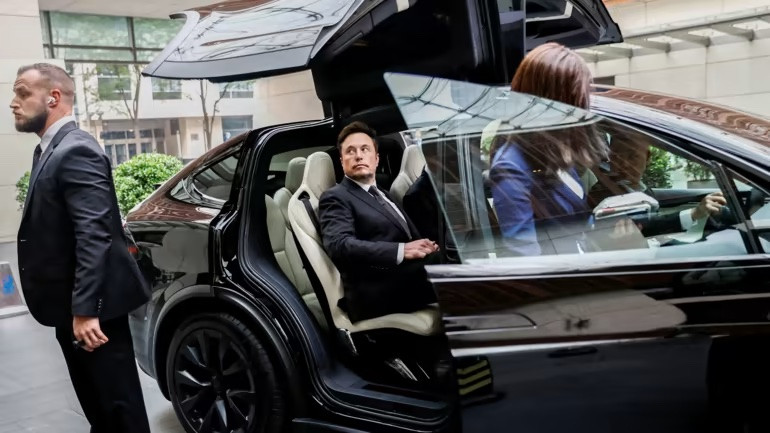
The US is particularly keen to stem the flow of technology that could be diverted to military use, while also reducing over-reliance on China-based supply chains.
But five years later, an analysis of financial data by Nikkei Asia shows that U.S. tech companies still rely heavily on China for the bulk of their sales. The analysis, which used data from the QUICK-FactSet database, found that 17 of the top 100 global companies with sales in China in the most recent fiscal year were U.S. tech-related companies.
Meanwhile, dependence on China, as measured by annual sales, has increased or remained largely unchanged since 2018 for many leading tech brands, such as Apple and Tesla. Even companies in the semiconductor sector, which have been a particular target of the U.S. government and more recently China, have seen little change in the share of their revenue generated in the mainland.
Many international companies do not disclose their revenue in China. QUICK-FactSet estimates this revenue from annual reports and other sources, then uses an “estimation algorithm based on gross domestic product weights and accounting logic.”
It’s hard to say whether China is more dependent on American technology than American tech companies are on China’s markets and supply chains. But either way, each side’s dependence on the other has not diminished, and in some cases has increased, compared to 2018.
(According to Nikkei Asia)
Source



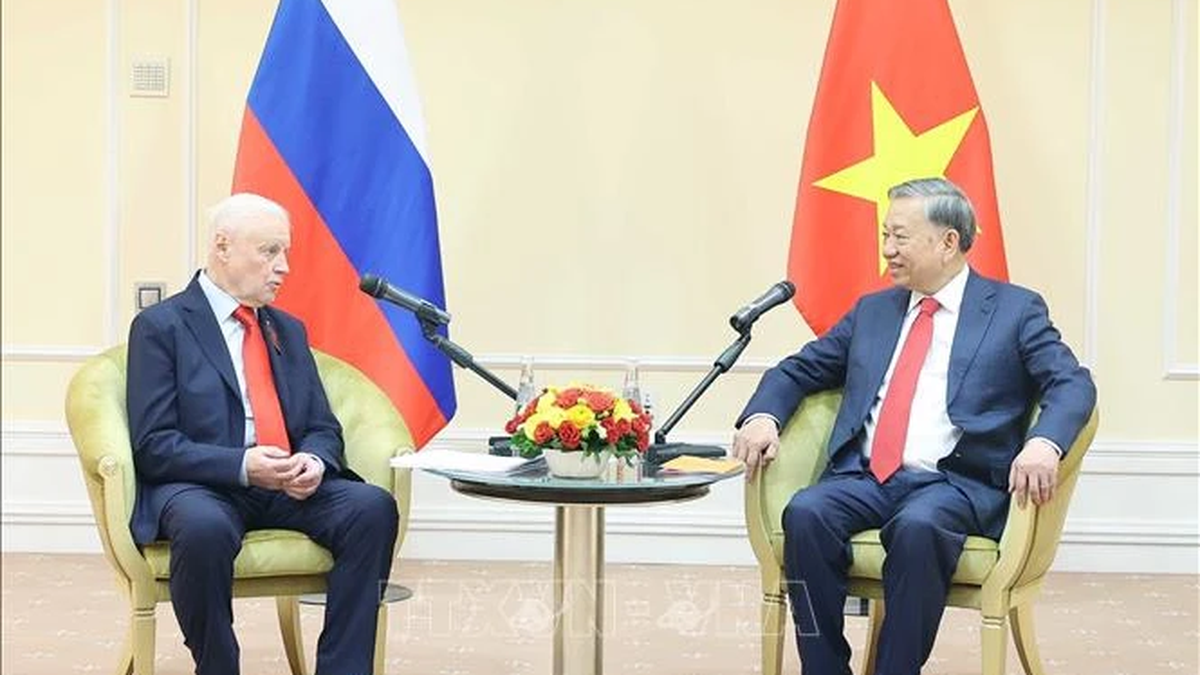
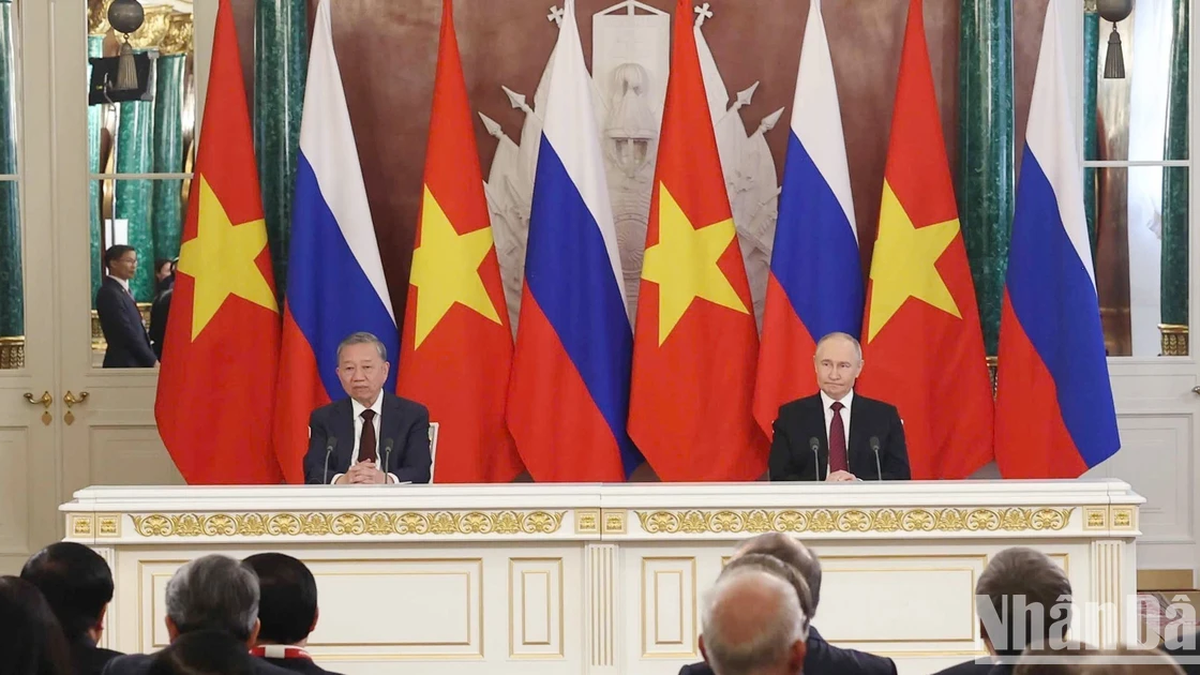
![[Photo] Prime Minister Pham Minh Chinh chairs Government Standing Committee meeting on Gia Binh airport project](https://vphoto.vietnam.vn/thumb/1200x675/vietnam/resource/IMAGE/2025/5/10/6d3bef55258d417b9bca53fbefd4aeee)


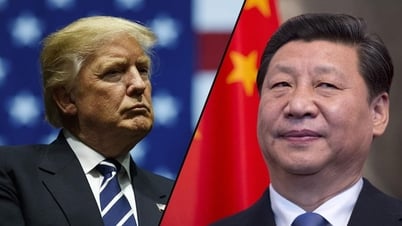
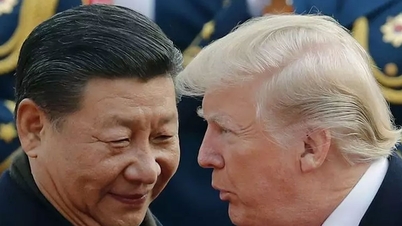
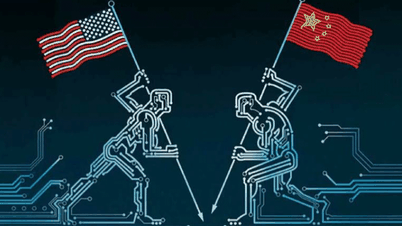





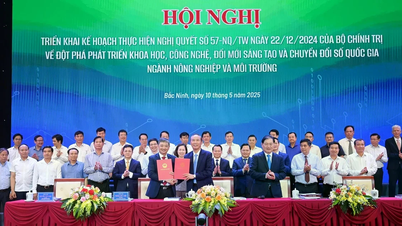

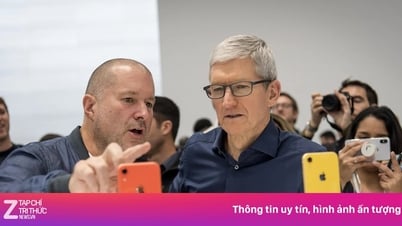
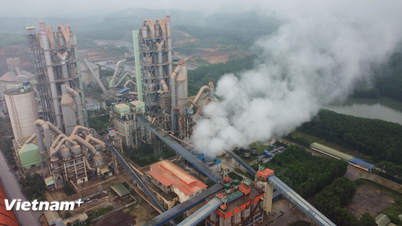
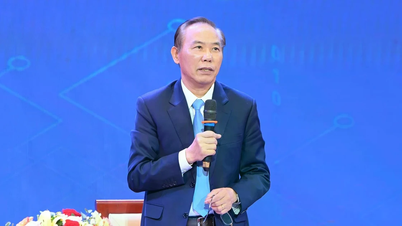








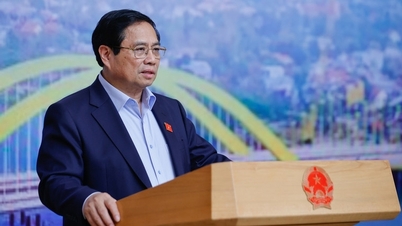




































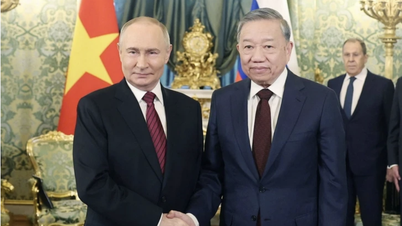

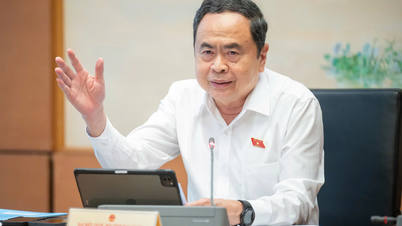
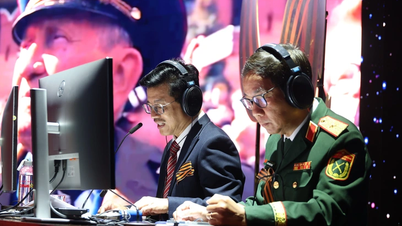




























Comment (0)